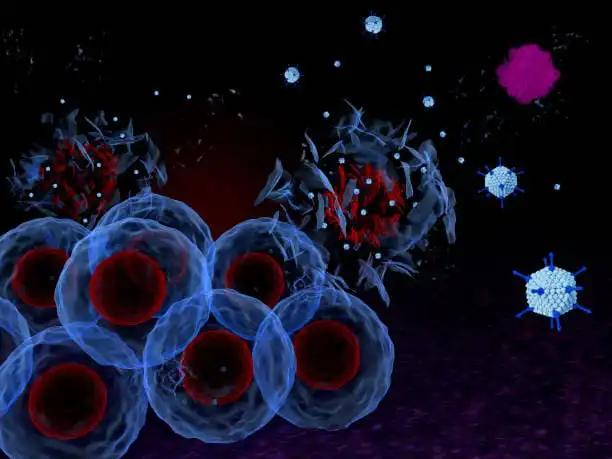KEY TAKEAWAYS
- The phase 3 monarchE study evaluated the long-term impact of abemaciclib on patient-reported outcomes.
- The study observed patients during the entire 2-year treatment period and follow-up after treatment discontinuation.
- Adding adjuvant abemaciclib to endocrine therapy (ET) showed minimal impact on PROs aside from occasional diarrhea. Long-term findings reveal the reversibility of effects after treatment ends.
Abemaciclib delivered long-lasting benefits in invasive disease-free survival and maintained a safe profile throughout the 42-month median follow-up period. At the 19-month follow-up, the initial patient (pt)-reported outcome (PRO) findings were positive, indicating that most pts tolerated the treatment. The long-term impact of abemaciclib on patient-reported outcomes was evaluated by observing the full 2-year treatment period and follow-up after discontinuation of the treatment.
The study examined PROs, including FACT-B, FACT-ES, and FACIT-Fatigue, at baseline, 3, 6, 12, 18, and 24 months and1,6 and 12 months post-treatment. The researchers utilized a statistical model to scrutinize changes in overall scores and specific items for each group. Any changes less than 0.5 standard deviations for summary scores and 1 point for individual items were deemed insignificant. The frequency and severity of side effects like diarrhea and fatigue were analyzed, as well as the treatment’s level of discomfort for pts.
Based on the results, PRO completion rates were high, with 90% of the 5591 treated pts completing treatment and nearly 80% completing follow-up. Most PROs had no significant differences in mean changes from baseline, both within and between the arms, except for diarrhea, where abemaciclib plus ET had worse scores at 3 and 6 months. Most pts reported being bothered or not bothered by the side effects during treatment, and those on abemaciclib reported minimal to no diarrhea. During post-treatment follow-up, PROs in both arms were similar to baseline, with over 80% of pts on abemaciclib reporting no diarrhea.
Adding adjuvant abemaciclib to ET shows minimal impact on PROs aside from occasional diarrhea, which is manageable. Long-term effects are reversible after treatment ends. This information is essential to assess pt risk/benefit ratio.
Clinical Trial: https://classic.clinicaltrials.gov/ct2/show/NCT03155997
Harbeck, N., Guarneri, V., Seo, J.H., Jurado, J.C., Abreu, M.H., Takahashi, M., Barrios, C.H., McIntyre, K., Wei, R.J., Antonio, B.S., Liepa, A.M., Martin, M., Johnston, S.R.D., Tolaney, S.M. Annals of Oncology (2023) 8 (1suppl_4): 101219-101219. 10.1016/esmoop/esmoop101219.



